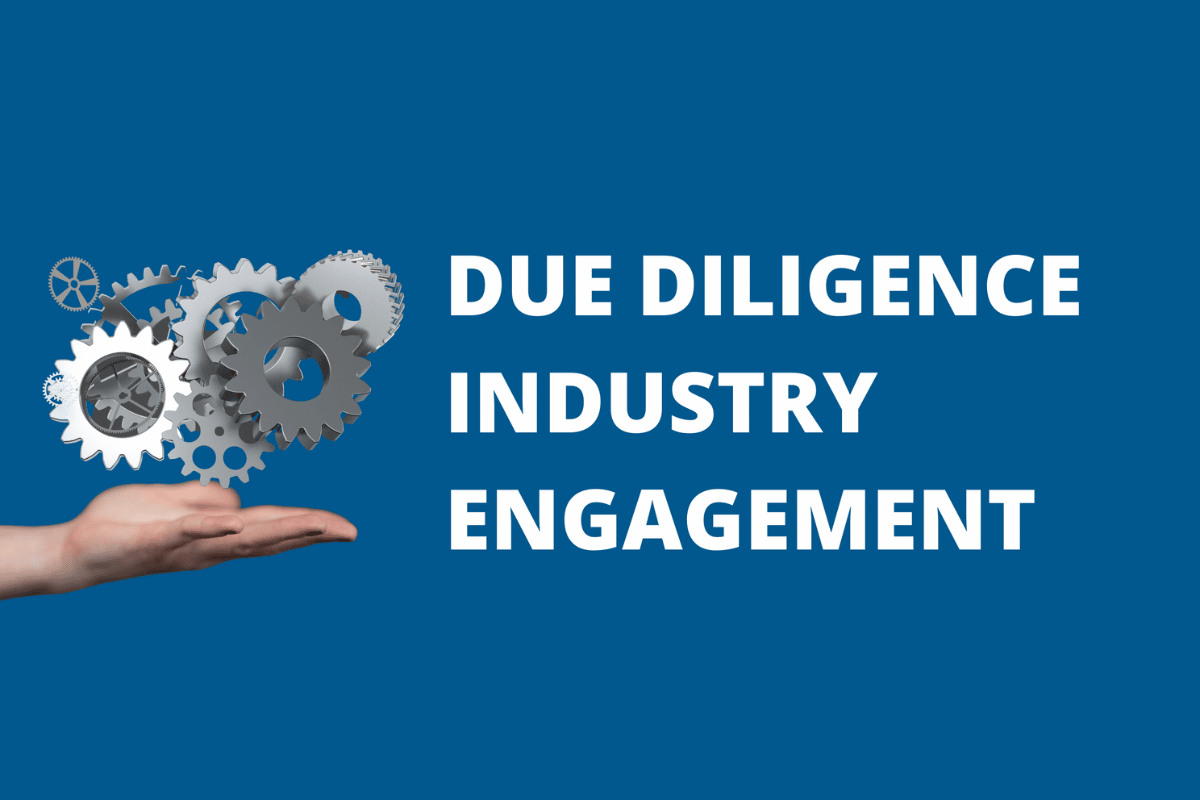Due Diligence Industry Engagement


An article written by Laura Austin, Managing Director of Mintz Group for the IM Yearbook 2021/2022
Due diligence providers know the investment migration industry inside out and have a responsibility to participate in education and advocacy efforts, writes Laura Austin.
The Investment Migration (IM) industry has acknowledged the importance of de-risking the sector, which necessitates stronger controls, transparency, and common standards. While good governance in the operational aspects of the industry has a direct impact on de-risking efforts, these efforts are enhanced by partnerships with industry experts – including due diligence providers – to ensure the growth and success of the IM industry.
Do Good and Talk About It
The phrase “do good and talk about it” adequately sums up due diligence providers’ role in the IM industry. With an increasing number of due diligence providers joining the IM sector, there are two key things that differentiate committed industry partners from short-term players— namely, operational governance (‘Do Good’) and the willingness to engage in education and advocacy efforts (“and Talk About It”).
As due diligence providers know, the best investigative outcomes occur when we closely partner with our clients and freely share information throughout the process. This same logic applies to industry partnership – the active participation of due diligence providers in industry endeavors, coupled with the continuous change of information and ideas, will lead to a more transparent, standardised and well-perceived industry as a whole.
Due diligence providers must be willing to accept this expanded role, as our duty to the IM industry is twofold – strong investigative work and the active sharing of our expertise at every turn.
Good Governance in Due Diligence
Due diligence maintains a prominent place in the IM industry, and due diligence providers should lead the way with their own good governance. Being good industry citizens first and foremost means having ethical and transparent internal business practices, including properly sourcing credible information, being rigorous about accuracy, providing context for investigative findings, and above all else, avoiding operational steps that might undermine the interests of our clients or the industry.
Due diligence providers have a responsibility to maintain the highest professional and ethical standards and should maintain clear and disciplined approaches to investigative operations and client services. We should be committed to maintaining rigorous operational standards, as the reputations of government programmes, companies, and individuals depend on the information we gather and the means of obtaining it.
Transparency is of equal importance, as opacity in residence- and citizenship-by-investment (RCBI) program operations, agent business practices, and the specific functions of service providers has been at the centre of scrutiny on the IM industry. As ‘due diligence’ can be broadly defined and differs in application across the IM industry, it is critical that due diligence providers commit to transparency and operational clarity that will undoubtedly be impactful to the industry and the perception of the greater global community.
Due Diligence and Industry Advocacy
Beyond operational responsibilities, due diligence providers have a responsibility for industry participation and advocacy. While our investigative services are vital, we must also serve as advocates and lend our voices to addressing challenges and changes facing the IM industry. Due diligence providers need not only have expertise in the operational aspects of due diligence, but also a unique understanding of the IM industry and the ways we can contribute to mitigating risk and helping governments grow their programmes. For example, as increased regulatory measures are being considered, such as the European Commission’s plans to include IM practitioners as “obliged entities” in the 6th Anti-Money Laundering Directive, due diligence providers must be ready to partner with practitioners, share our knowledge of what is required from a customer due diligence standpoint, and implement solutions that are feasible and in-line with the latest procedures and controls required.
Similarly, advocacy efforts for the implementation of common due diligence standards and best practices across the IM industry should be a priority for due diligence providers. The application of due diligence across government programmes and agents is uneven and is contributing to heightened levels of risk, decreased public trust, and increased scrutiny. The increased application of due diligence across the industry over the last 10 to 15 years supports the idea that the industry should consider implementing common due diligence standards, but moving the needle forward on this requires the participation of engaged due diligence partners. Given the depth of our industry understanding, due diligence providers are uniquely positioned in this endeavour and should be equally invested in the related advocacy efforts.

